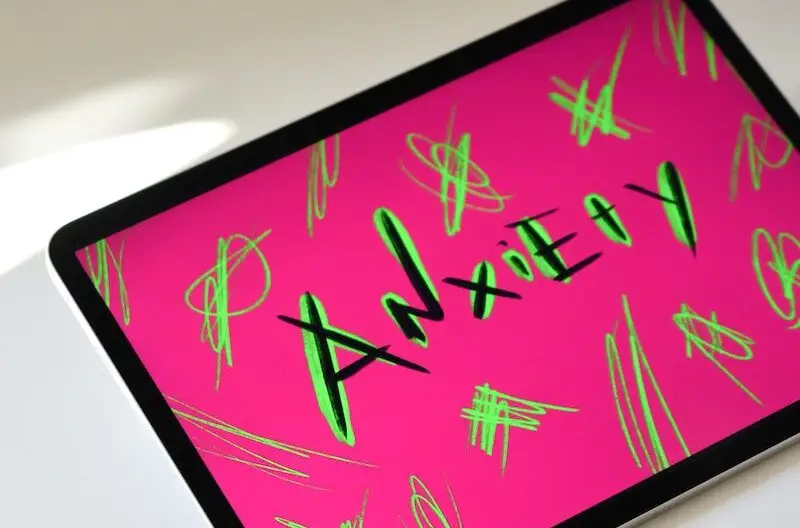NEED A THERAPIST IMMEDIATELY? WE HAVE OPENINGS! INSURANCE ACCEPTED. CALL 801.901.0279!
Is social media and mental health linked?
As much as social media has been heralded for all the positive impacts it can have in communities, there is just as much, if not more, negative press about the harm it can cause its users.
With 72% of America’s population now on social media, it’s obvious that these gargantuan digital platforms aren’t going away anytime soon.
As a result, it’s important for people who engage with these sites to learn how to form a healthy relationship with them, to prevent social media from having a negative impact on their mental health.
In this blog post, we’ll take a closer look at what links social media with several of the most common mental health issues, and provide some further information to help everyone foster a healthier connection with these sites.
Unfortunately, there is an extremely close connection between social media and mental health use and depression.
Negative interactions on these sites can affect a person’s mental state away from the screen, and, sadly, cyberbullying and online abuse is rife across many of the most popular platforms.
What’s more, some of the common symptoms associated with depressive disorder can be exacerbated by constant social media use or addiction.
For example, feelings of low-self esteem can be made worse by comparing oneself to other people online.
Two more common symptoms are disrupted sleep patterns and poor concentration, and using social media during working hours or late at night can only heighten these potential problems.
To prevent any low moods being brought on or exacerbated by social media consumption, you may find it helpful to limit your time spent scrolling through these sites.
Whether you set physical restrictions on your digital device, or can trust yourself to only allow for a certain amount of time on social media each day, reducing your consumption can go a long way to mitigating some of the negative effects.

Social media networks are driven by likes, comments and interactions.
This leaves its users with a desire to almost chase validation from an online community who typically rarely feature in their daily lives away from the screen.
This constant obligation to reach a certain number of likes, or have a certain amount of interactions with online content can heighten anxiety levels, and interactions that fall short of their expectations can invoke negative thoughts and feelings of inadequacy.
On the other hand, people may also feel so anxious about the way they come across on messaging platforms or photo-sharing apps that they limit the amount of content they put out altogether.
This can often be made worse by paying too much credence to the negative thoughts in our heads, and as a result the self-destructive part of our internal dialogue tends to shout loudest and drown out the more helpful voices.
Remember, on social media (as in the real world), you are just a small part of a bigger jigsaw – don’t fall into the trap of thinking everyone is carefully dissecting every message or piece of content you put out.
While it’s easier said than done, changing your own perception of the importance of seeking validation online will help you to form a more healthy relationship with social media, and encourage more authentic connections in the real world.

Social media can be a great way to temporarily switch off from our real-world worries, by immersing ourselves in a never-ending stream of content that’s been specially curated to cater to our own likes and preferences.
However, social networks can be addictive, and they’re designed to keep us glued to our screens.
As a result, spending hours scrolling through our feeds can leave us feeling emotionally drained and disconnected from the people and experiences around us.
At the same time, there is always the possibility of suffering from FOMO (fear of missing out) as a result of social media use.
Seeing people you follow – regardless of your relationship with them – post about all the exciting things that are happening in their lives can make other users feel inadequate and like they’re missing out on life.
However, it’s important to remember that social media promotes just a snapshot of people’s lives, and most users are likely to only post the content which portrays them and their lifestyle in the best light.
Author bio: Casey Jones
As a social media executive for a large digital agency, Casey has experienced firsthand the best and the worst of these networks. With his intricate understanding of social media, Casey is keen to inform his readers about its potential harmful effects so they can form more healthy connections in both the real and digital worlds.
Lets face it, who likes to talk about their crap with other people?
If you’re like most clients, you’re used to being judged despite hearing so many people talk about non judgment and when you do open up, it seems like the more you share, the less likely you are to get compassion.
We’ve worked our butts off to create a clinic where the unfiltered, real you, can show up and heal, so dammit give therapy a chance!
We love the unfiltered real you, let’s heal together. – Utah Family Therapy Team